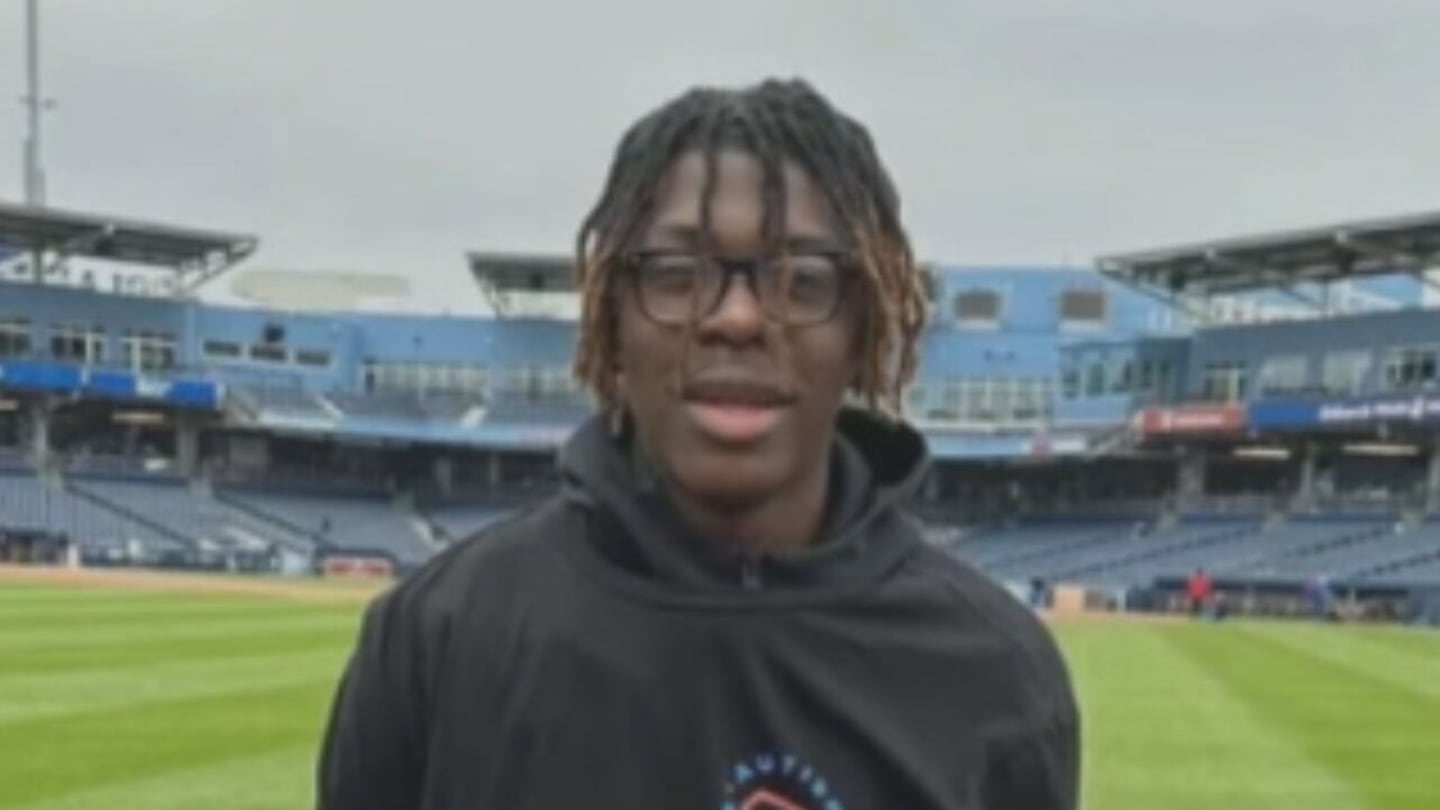WORCESTER — Did ingestion of an extra spicy tortilla chip lead to a Worcester boy’s death?
That is the question to be answered by the medical examiner, who will perform an autopsy on 14-year-old Harris Wolobah.
The high school sophomore died last Friday, several hours after participating in a TikTok craze called the One Chip Challenge. His family suspects that somehow, eating that one chip killed the boy.
The ‘one chip’ in question is sold by Paqui, LLC, a company out of Austin, Texas. It is flavored by some of the hottest peppers in the world. Although it is packaged in a box shaped like a coffin, it seems unlikely the company would knowingly market something toxic and easily accessible to kids.
But one local toxicologist, Dr. Peter Chai, an Emergency Services physician at Brigham and Women’s Hospital, said it’s possible to get a toxic dose of the ingredient that gives hot peppers their heat: capsaicin.
The issue is ingesting enough of the capsaicin to achieve a lethal level. And while the hotter the pepper, the more capsaicin it contains -- humans would still have to eat an unreasonable amount of peppers to get poisoned.
And if they did?
“It can affect the heart -- the way it beats,” said Chai. “Spasming of the blood vessels in the heart as well.”
Wolobah’s older sister told Boston 25 News her brother ate the chip last Friday morning -- and that it was given to him by a friend. Later in the day, Harris complained of not feeling well and saw the school nurse. He was dismissed early once his parents arrived. At the time, he did not seem to be in serious distress.
But several hours later, the teen died at home.
Chai said it doesn’t sound like an allergic reaction to capsaicin, as that would have happened more quickly. But he’s not discounting a possible poisoning.
“In theory, if it was sprayed onto a chip or something like that, you may be able to get enough of a dose,” Chai said. “Especially in a younger individual who has a lower body weight.”
Chai said one challenge facing the medical examiner in determining cause of death is getting an accurate blood level of capsaicin -- as it disappears rather quickly.
Boston 25 News tried contacting Paqui, but so far have not heard back.
This is a developing story. Check back for updates as more information becomes available.
Download the FREE Boston 25 News app for breaking news alerts.
Follow Boston 25 News on Facebook and Twitter. | Watch Boston 25 News NOW
©2023 Cox Media Group








